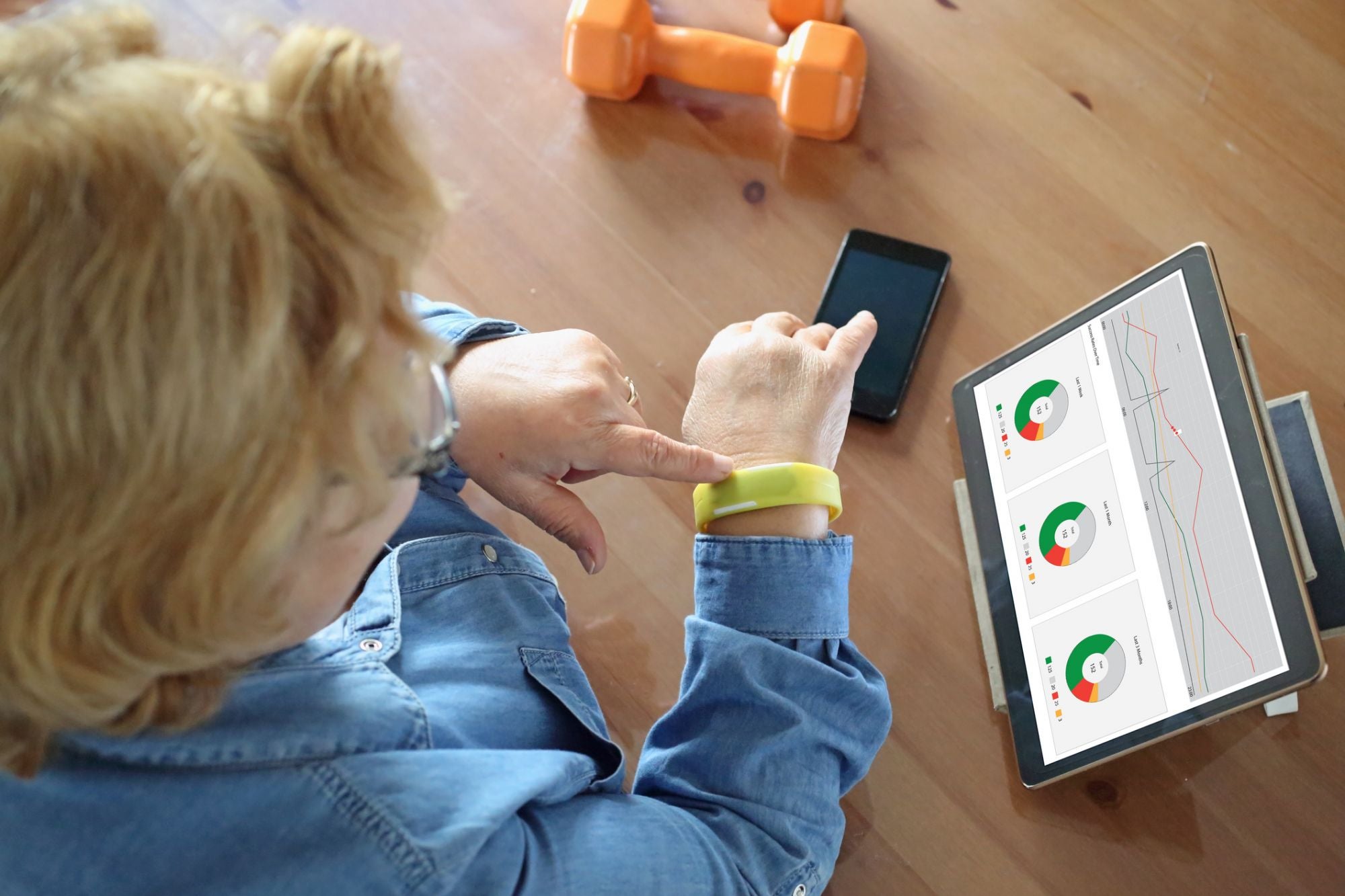How Entrepreneurs Can Take on the Future of Aging Using Artificial Intelligence Here are some of the biggest business opportunities associated with the future of aging.
Opinions expressed by Entrepreneur contributors are their own.

Thanks to daily advances in healthcare technology, people are living longer and longer. As a nation, we're nearing a historic first: It is predicted by the year 2034 that there will be more people over the age of 65 than people under the age of 18. A larger senior population also means an associated rise in cost of care needed to sustain quality of life for more and more citizens as they continue towards their golden years. It's a wonderful development, but it necessitates change, and entrepreneurs are the perfect people to lead the charge.
The strain of cost will be felt not only on a global level, but most directly on a family level. The average cost of simply maintaining a worthwhile existence for the aging population is staggering. Just consider these averages:
$225 a day or $6,844 per month for a semi-private room in a nursing home
$253 a day or $7,698 per month for a private room in a nursing home
$119 a day or $3,628 per month for care in an assisted living facility
The solutions to these costs and challenges can most effectively be provided by people who aren't tied to traditional thinking on healthcare, aging or problem solving. They'll need to come from the complex, agile and innovative mind of the modern entrepreneur, who is wired to look at an age-old problem and think of multi-dimensional solutions that no one has considered before. And let's not forget that the life you may save and enhance will end up being your own.
Here are some entrepreneurial opportunities associated with the future of aging.
Develop age-appropriate wearables.
he number of connected wearable devices worldwide is estimated to rise to over 1.1 billion by 2022. Focus your efforts on making wearables more passive, unobtrusive and age-appropriate. Conduct research and surveys of aging populations. What are their fears, and what makes them uncomfortable when it comes to monitoring devices? Make the devices as user-friendly as possible.
Spearhead advances in anti-aging.
Start with sleep. The circadian network regulates the sleep/wake cycle. Aging affects this system profoundly, resulting in unhealthy sleep, which can lead to adverse effects across many areas of health and aging. According to the National Center for Biotechnology Information, over 50 percent of diagnosed sleep apnea cases are reported in people age 40 and over. There's no shortage of studies that suggest quality of sleep correlates with quality of life, and poor sleep can exacerbate other issues and chronic illnesses that come with aging. For reference, 40 percent of people age 40 to 59 reported that they are getting less than the recommended amounts of sleep. This is a huge opportunity for entrepreneurs to study sleep challenges as a person ages and then brainstorm and create effective palatable solutions.
Work on and invest in diagnostic technologies.
AI has the potential to transform lives and healthcare, including introducing earlier and more accurate diagnoses. AI is already being hailed as a master predictor in some cases. After comparing data from 14 studies, researchers found that deep learning algorithms correctly detected disease in 87 percent of cases. That number needs to get as close to 100 percent as possible. Think of how you can leverage AI, deep learning and your own innovative mind to further this predictive technology.
Work with AI to improve memory function.
Consider that in 2019, Alzheimer's and similar conditions will cost the U.S. an estimated $290 billion, and by 2050, these costs could rise as high as $1.1 trillion. How can you innovate to lower the number of cases and the associated costs? It could be through cognitive testing software that increases brain health, through early detection of indicators of dementia and Alzhiemer's or something else entirely. This is a problem begging for a solution from the entrepreneurial community.












